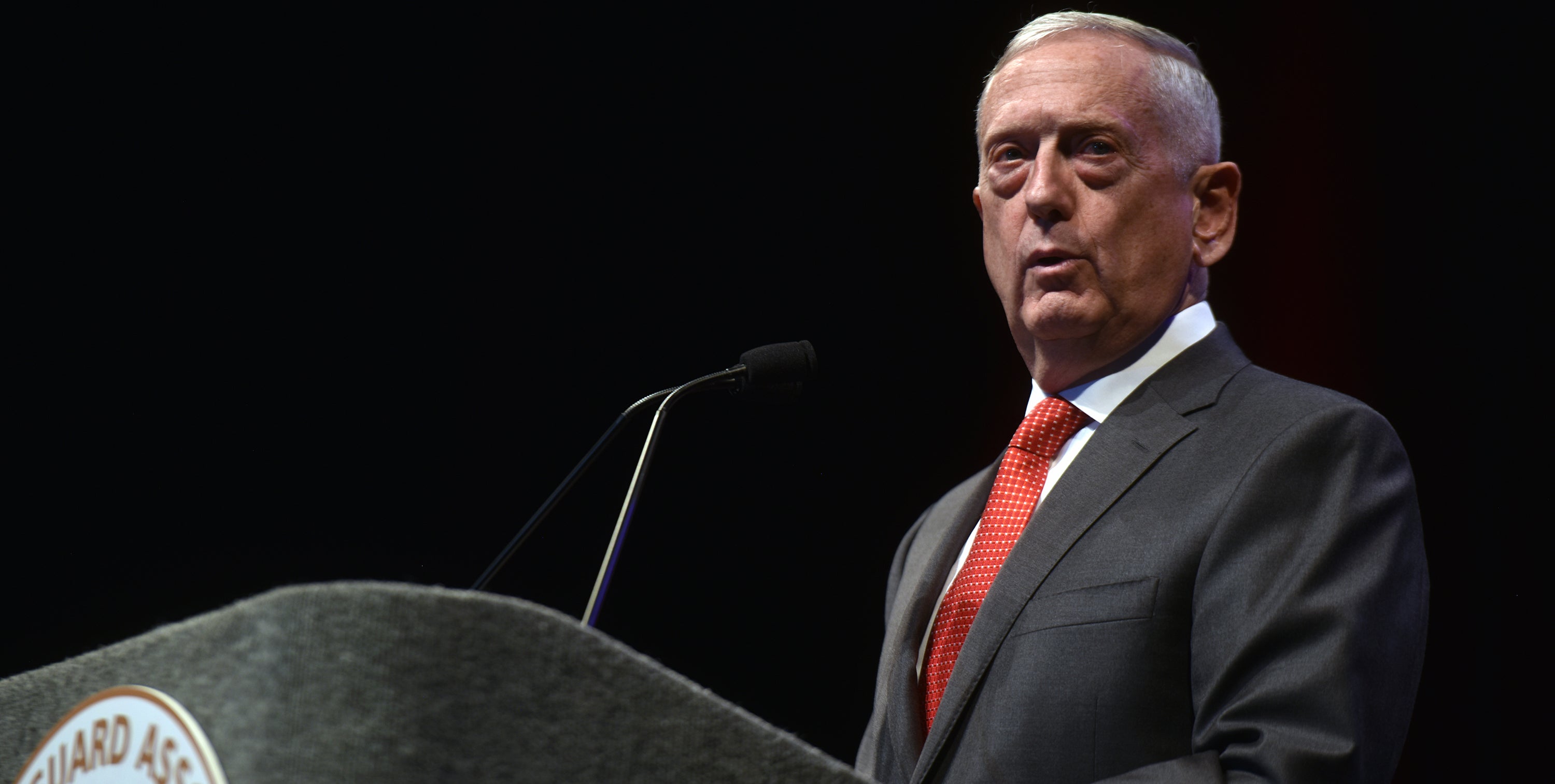Threats Weighed by Power, Urgency and Will
Threats Weighed by Power, Urgency and Will

U.S. defense strategy weighs three measures when looking at threats—power, urgency and will, according to Defense Secretary Jim Mattis.
Speaking at the U.S. Institute of Peace in Washington, D.C., Mattis said this three-part evaluation reveals different areas of concern.
In terms of power, the biggest threat to the U.S. comes from Russia and its nuclear arsenal, he said.
In terms of urgency, violent extremists remain the biggest threat, he said, noting the 70 nations are part of a coalition to defeat Islamic State groups militants.
In terms of will, China is the threat.
“In China’s case, we look at it as different than Russia,” Mattis said. “Russia wants security around its periphery by having insecurity with other nations. They want to veto authority over the economic, the diplomatic and the security decisions of the nations around them. China, on the other hand, seems to want some sort of tribute states around them.”
Mattis also talked about the competitiveness in space, and its military implications. “We have to defend what we have in outer space that is used for navigation, communication, peaceful purposes, commerce, banking, and military intelligence, surveillance satellites. We are going to have to put satellites up that can be defended or can be resilient to attack, resistant to attack or can be replaced swiftly,” he said. “Also, we are going to have to be prepared to use offensive weapons in space should someone decide to militarize it and go on the offensive. You cannot simply play defense.”

